Pakistan confirms participation in Saudi-led anti-terror alliance
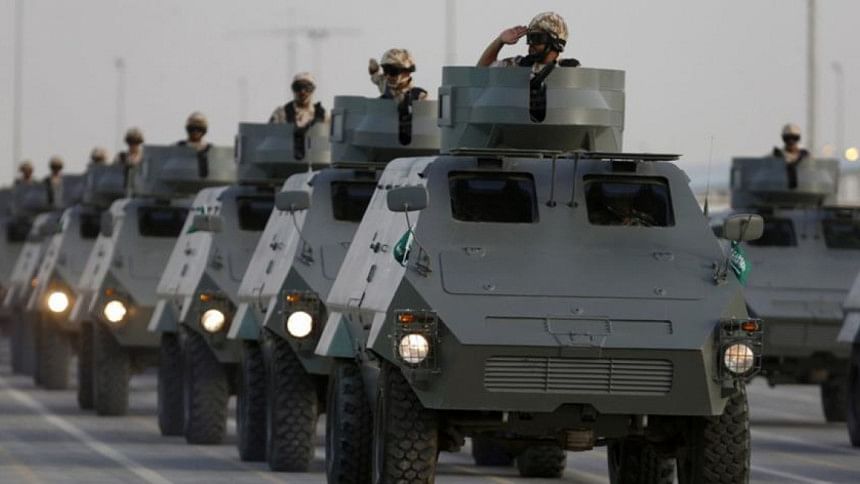
After initial ambiguity, the Pakistan government confirmed on Wednesday its participation in a Saudi-led military alliance for ‘fighting terrorism’, but said the scope of its participation would be defined after Riyadh shared the details of the coalition it was assembling.
“Pakistan… is awaiting further details to decide the extent of its participation in different activities of the alliance,” a statement issued by the Foreign Office said.
Saudi Arabia had announced on Tuesday that it had forged the 34-nation alliance of Muslim countries for fighting terrorism and extremism, which included Pakistan. Saudi Foreign Minister Adel al Jubeir had later explained that the participating countries would themselves decide about the extent of their participation.
The coalition was envisaged to serve as a platform for security cooperation, including provision of training, equipment and troops, and involvement of religious scholars for dealing with extremism.
Senior officials at the foreign ministry initially expressed surprise at Pakistan being included in the new group, and said that Riyadh had not taken Islamabad on board. But subsequent developments revealed that Saudi Arabia had been given a secret commitment regarding joining the alliance, about which the Foreign Office was not aware.
There were speculations about who had given that assurance.
The military had started in October a new phase in the bilateral defence relationship by training Saudi special forces personnel in countering terrorism. Chief of Army Staff Gen Raheel Sharif visited Saudi Arabia after the special exercises for discussions on counter-terrorism efforts.
The Foreign Office statement tried to brush off the embarrassment caused to Riyadh because of the reports that it had included Pakistan in the coalition without its prior knowledge by saying that it welcomed the formation of the counter-terrorism alliance.
It impliedly conceded that some information had been shared with it before the announcement from Riyadh, as the statement noted that it was awaiting ‘further’ details.
The Foreign Office said it consistently supported all efforts at fighting terrorism and a resolution adopted at the 42nd session of the Council of Foreign Ministers of the Organisation of Islamic Cooperation had called on members to “join regional and international efforts to fight terrorism and extremist thought”.
Anwar Iqbal adds from Washington: The United States said on Wednesday that the new coalition supplemented its efforts to defeat terrorism and it had long been urging its Muslim allies to form such an alliance.
“It certainly is in line with what we have long been saying and urging countries in the region to do, which is to coalesce around the need to deal with the terrorist threat there in the region,” US State Department spokesman John Kirby said at a news briefing.
“We welcome, as we have welcomed, any intensification of the effort against ISIL (the militant Islamic State group) in the region, as well as against other terrorist networks. Any effort to increase pressure on those networks is a welcome effort.”
He said the US was waiting for details on how this force would operate but noted that the Saudi announcement had given a broad outline.
“I would only point you to what the deputy crown prince himself said, which is that they’re not ruling anything in or out at this point in terms of what it could mean,” Mr Kirby said.
“There’s every expectation and anticipation by this coalition to work with neighbours and partners in the region in ways that collectively they think is most appropriate to go after terrorist threats,” he added.
Asked if it would be a parallel alliance or work with the US-led international coalition, Mr Kirby said those 34 nations were already part of the 65-plus-member coalition against the IS.
“This is something separate and distinct that they have done themselves and have arranged for themselves, … but they are already part of the coalition countering” the IS in the region, he said.

 For all latest news, follow The Daily Star's Google News channel.
For all latest news, follow The Daily Star's Google News channel. 

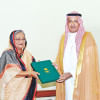
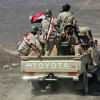
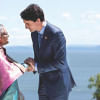

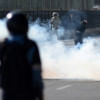


Comments